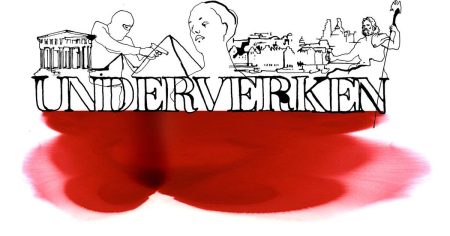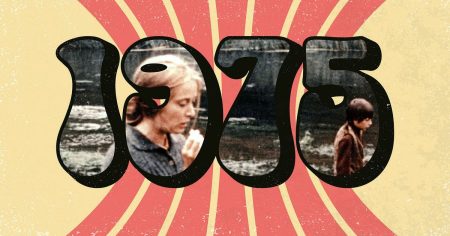Camila Sosa Villada’s ”Theory of Subjugation” introduces us to an unnamed protagonist, referred to as ”the actress,” a trans woman navigating the complexities of love, identity, and societal expectations in Córdoba, Argentina. Living a life of luxury with her handsome, gay husband, she exists within a social circle characterized by superficiality and cynicism. The narrative immediately delves into the intricacies of their relationship, highlighting the challenges stemming from her husband’s desire for penetrative sex and her own altered physicality due to hormone therapy. This frank depiction of their sexual dynamic sets the stage for a novel that fearlessly explores the nuances of unconventional relationships, defying societal norms and expectations. The actress, despite her current affluence, carries the weight of her past, a past marked by poverty, societal scorn, and the transactional nature of her body as a means of survival.
Villada’s prose is direct and unadorned, mirroring the actress’s own pragmatic view of the world. The narrative juxtaposes contrasting elements of her life – past poverty against present wealth, past ridicule against present fame, and her assigned male sex against her lived female identity – creating a stark, often darkly humorous, commentary on societal constructs and prejudices. The actress’s journey is further complicated by the pervasive power dynamics between genders. She finds herself caught between the desires of both homosexual and heterosexual men, her body a battleground for their conflicting desires. Her relationship with her director, brother, and even her mother’s lover are all tinged with sexual undertones, further underscoring the pervasiveness of sexuality in her interactions. This intricate web of relationships highlights the complexities of desire, power, and vulnerability that shape the actress’s life.
The novel doesn’t shy away from the darker aspects of the actress’s experiences. A particularly poignant encounter involves an old, inebriated man who once saved her from a potential assault. Her complex emotional response to him, interpreted as lust, reveals the psychological scars and coping mechanisms she’s developed in response to past trauma. This incident exemplifies the novel’s exploration of the blurred lines between survival, desire, and the lingering impact of past experiences. Beneath the surface of sexual encounters and transactional relationships, a deeper narrative of longing and sorrow emerges. Villada skillfully pieces together fragments of the actress’s life, revealing the underlying emotional landscape beneath her seemingly hardened exterior. Glimpses into her past, including her relationship with her family and the traumas she endured, offer insight into the formation of her identity and the choices she makes.
The actress’s internal struggle with her desires and her yearning for connection creates a compelling portrait of a complex character. Despite the transactional nature of many of her relationships, the narrative hints at a deeper longing for genuine connection and understanding. Her weariness with her own self-destructive patterns and the constant negotiation of her identity contribute to the emotional depth of her character. Her resilience, described as being as stubborn as a goat from her native village, underscores her determination to navigate the challenges she faces and find her place in a world that often misunderstands or rejects her. This tenacity, coupled with her unapologetic embrace of her identity, leaves a lasting impression on the reader.
”Theory of Subjugation” is not simply a story about a trans woman; it’s a nuanced exploration of human connection, the complexities of desire, and the enduring impact of societal pressures. The novel challenges conventional notions of love, family, and identity. It offers a raw and unflinching portrayal of the challenges faced by marginalized individuals, forcing readers to confront uncomfortable truths about the pervasive nature of prejudice and the complexities of human experience. Villada’s masterful storytelling creates a powerful and unforgettable portrait of a woman grappling with her past, navigating the present, and ultimately seeking a future where she can be true to herself.
Through the actress’s story, Villada crafts a powerful narrative that transcends simple labels and delves into the core of human experience. The novel’s exploration of identity, desire, and the search for belonging resonates far beyond the specifics of the trans experience. It serves as a testament to the resilience of the human spirit and the enduring power of hope in the face of adversity. ”Theory of Subjugation” is a bold and unflinching exploration of the complexities of human experience, leaving a lasting impact long after the final page is turned.














